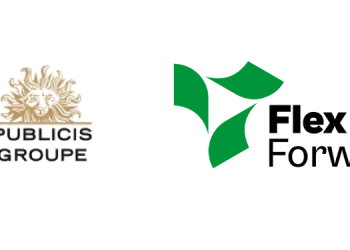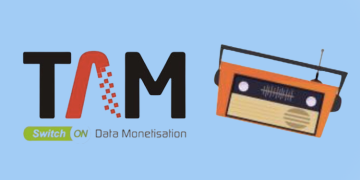Mumbai: In order to celebrate the 75th year of Indian independence, The Free Press Journal (FPJ) will be launching a special series of NFTs (non-fungible tokens) later this year. The NFTs will be made available on leading NFT marketplaces closer to Independence Day.
The special offering of NFTs will commence with cartoons from FPJ’s archives, which includes the creations of Shri Bal Thackeray, who worked at FPJ for many years.

“There are some really wonderful pieces of creativity which today have historical value for those who have closely followed India’s journey of progress over the past 75 years,” says, Abhishek Karnani, Director of FPJ, who is leading the NFT initiative at the publishing group. “Unlike digital copies that are freely available, and can be duplicated ad nauseum, NFTs remain tightly bound to the rules of ownership. They are thus exclusive, even though they may be made available universally. FPJ is committed to many interesting innovations in this domain in the times to come.”
The NFT project of FPJ is being operationalised and taken to market by Rediffusion FutureTech, the digital arm of the ad agency. “We are delighted to assist FPJ in this very laudable and innovative project,” says Dr. Sandeep Goyal, Managing Director of Rediffusion.
FPJ will also be making the pages of its advertising & marketing special, Brand Sutra, into NFTs. Brand Sutra has carried exclusive interviews with some of India’s leading brand professionals over the past one year. These pearls of wisdom can now be perpetuated and preserved through the issue of these NFTs by FPJ. The likes of RS Sodhi (MD Amul), Harish Bhat, Brand Custodian, Tata Sons; Sunil Kataria, CEO, India and SAARC, Godrej Consumer Products Limited; Shashank Srivastava, Executive Director, Maruti Suzuki India Limited; Ambareesh Murty, Co-founder & Chief Executive Officer, Pepperfry, Ravi Desai, Director, Mass and Brand Marketing, Amazon, have been featured in Brand Sutra over the past year.
NFTs are digital assets that represent real-world objects like art, music, in-game items and videos. Although NFTs have been around since 2014, they have begun gaining popularity only recently. A staggering $174 million has been spent on NFTs since November 2017.
Adds Abhishek Karnani, “Our publishing house has archives that are unbelievable – an absolute treasure trove. Traditional modes of dissemination are limited, even though freely available. NFTs can be targeted to individuals, or kept exclusive as the owner may deem fit and proper. They can be put to commercial use as well, without compromising the Intellectual Property Rights (IPRs) of either the publishing group or its new owner.” Effectively, NFTs are digital certificates of ownership of specific digital assets that can be bought and sold.
FPJ has, in the recent decade, gone well beyond print. Its digital circulation today is almost 10 times of its print circulation. Its webinars have become the talk of town. Moreover, unlike many other publishing groups that seek to limit the spread of knowledge and information by putting them behind pay-walls, FPJ has made a conscious decision to make its digital editions available to all, without any charge. That, FPJ feels is its contribution to society, which has grown because of sharing, and not by making information exclusive. During this decade, FPJ has also gone into policy research, featuring start-ups, and developing a legal cell to analyse legal implications of cases that are being heard by India’s courts.
Concludes Abhishek Karnani, “Exciting times have just begun. Expect even more from us.”

















